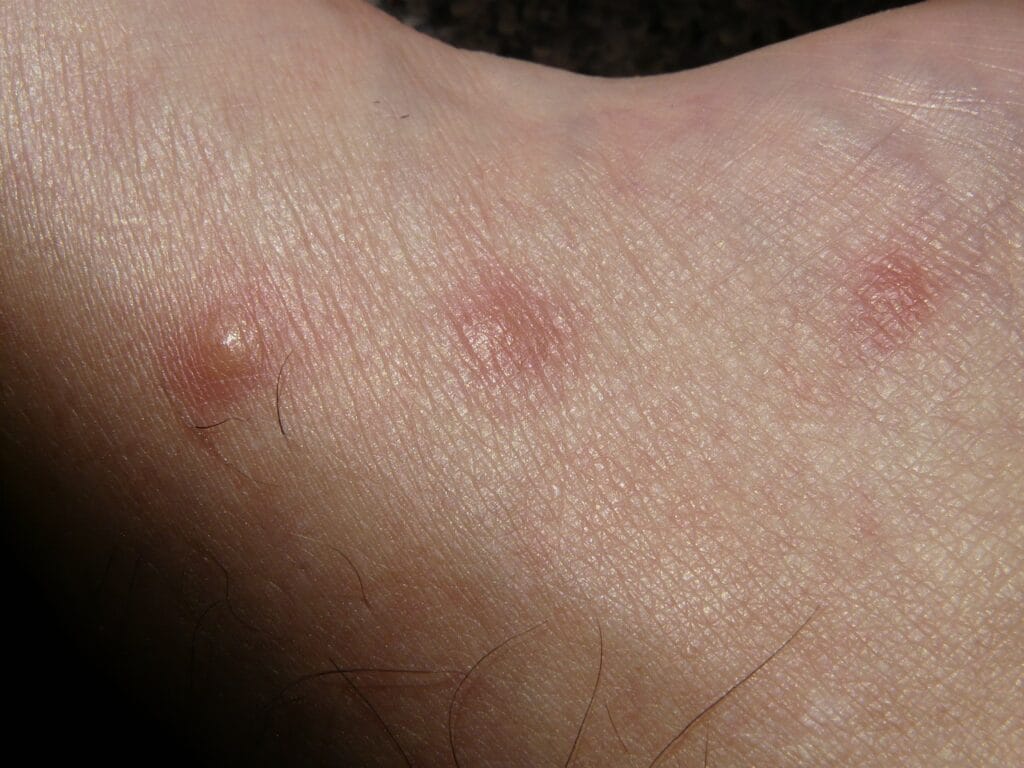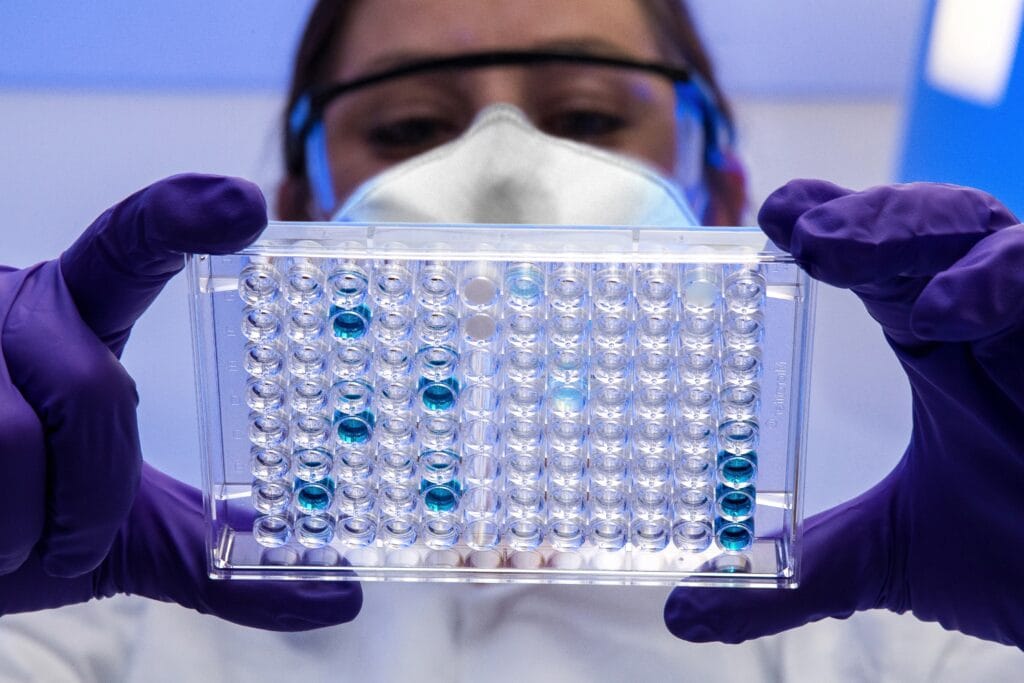- Home
- NEWS/RESEARCH/ARTICLES
- The Hygiene Hypothesis

How Our Clean Environments Might be Making Us Sick
Our modern society places a great emphasis on cleanliness and hygiene. We use antibacterial soaps, disinfectant wipes, and hand sanitizers to keep ourselves and our environments as germ-free as possible.
However, recent research has suggested that our obsession with cleanliness may be contributing to the rise in immune-related diseases such as allergies, asthma, and autoimmune disorders. This concern has been fueled by the hygiene hypothesis, which posits that our immune systems may require a certain amount of exposure to microorganisms in order to develop and function properly.
The Immune System and Development
The immune system is a complex network of cells, tissues, and organs that work together to protect the body from foreign substances such as bacteria, viruses, and other pathogens. In order to function effectively, the immune system must be able to distinguish between harmful invaders and innocuous ones.
The hygiene hypothesis suggests that exposure to a diverse range of microorganisms during childhood helps to train the immune system to make this distinction more accurately.
In the absence of this exposure, the immune system may become oversensitive and overreact to harmless substances, leading to the development of allergies and other immune-related disorders.

Supporting Evidence for the Hygiene Hypothesis
There is a mounting body of evidence to support the hygiene hypothesis. One seminal study published in the New England Journal of Medicine found that children who grew up on farms, where they were exposed to a plethora of bacteria and other microorganisms, had a lower risk of developing asthma and allergies than children who grew up in more urban environments.
Similarly, a study published in the journal Clinical and Experimental Allergy found that children who were exposed to a diverse range of pets during their first year of life were less likely to develop allergies and asthma later on.
The Gut Microbiome and Immune Function
The gut microbiome, which is made up of trillions of microorganisms that reside in the intestines, plays a pivotal role in regulating the immune system. Research has shown that a lack of diversity in the microbiome may contribute to the development of immune-related diseases.
According to the hygiene hypothesis, exposure to a variety of microorganisms during childhood helps to promote a diverse and healthy gut microbiome. In the absence of this exposure, the microbiome may become less diverse and less capable of regulating the immune system, leading to an increased risk of immune-related diseases.
A study published in the journal Science found that mice that were raised in sterile environments and lacked exposure to bacteria during early life had less diverse gut microbiomes and were more likely to develop immune-related disorders such as allergies and asthma than mice that were raised in a more natural environment.
Potential Limitations and Concerns
While the hygiene hypothesis offers a compelling explanation for why our clean and sanitized modern environments may be contributing to the rise in immune-related diseases, it is important to note that the theory is still a subject of ongoing research and debate.
Some experts have raised concerns that oversimplifying the intricate interplay between the immune system and environmental factors could lead to misguided attempts to “boost” the immune system through exposure.

Additionally, it is important to recognize that exposure to certain microorganisms can be harmful, particularly for individuals with compromised immune systems. For example, exposure to Legionella bacteria can cause Legionnaires’ disease, a severe form of pneumonia. As such, the hygiene hypothesis should not be interpreted as a call to abandon all forms of hygiene and sanitation.
Future Research and Implications
Further research is needed to fully understand the mechanisms behind the hygiene hypothesis and its potential implications for public health.
However, the growing body of evidence in support of the theory suggests that a lack of exposure to microorganisms during early life may have negative consequences for immune development and function. This has important implications for our understanding of how to maintain a healthy immune system, particularly in the context of the modern world.
Conclusion
The hygiene hypothesis challenges our conventional understanding of hygiene and cleanliness. While it is important to maintain good hygiene practices, particularly in the context of preventing the spread of infectious diseases, the theory suggests that our obsession with cleanliness may be having unintended consequences for our immune systems.
By recognizing the importance of exposure to diverse microorganisms for immune development and function, we may be able to take steps to promote a more balanced approach to hygiene and sanitation, and ultimately improve our overall health and wellbeing.












